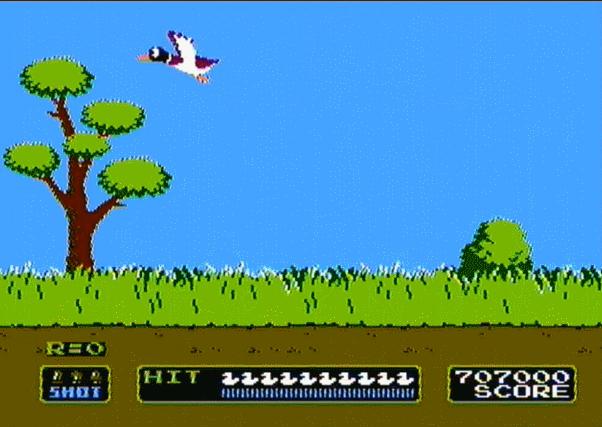Title: Duck Feather vs. Goose Feather: The Ultimate Duvet Showdown
In the ultimate showdown between duck feather and goose feather, both sides present strong arguments for why their feather is superior for making Duvets. Duck feather is known for its softness and ability to retain heat, making it ideal for colder climates. Goose feather, on the other hand, is prized for its stronger and more resilient fibers, which can withstand more wear and tear. Duvets made with duck feather are often lighter and more comfortable to sleep with, while those with goose feather are more durable and provide better warmth retention. The winner of this showdown depends on personal preference and climate conditions, so it is important to consider these factors when making a decision.
When it comes to keeping warm and cozy in bed, a good night’s sleep is essential. And one of the best ways to ensure a comfortable night’s sleep is to choose the right duvet. In this article, we’ll explore two popular duvet options: duck feather and goose feather. We’ll compare their qualities, performance, and value to help you make the best decision for your next duvet purchase.
Firstly, let’s talk about duck feather. Duck feather is often chosen for its soft and light weight. It provides good warmth and is less expensive compared to other duvet options. However, it does have a few drawbacks. One major drawback is that it can be prone to flattening out over time, meaning it won’t provide as much warmth after a while. Another issue with duck feather is that it can be sensitive to moisture, so if you live in a humid climate, this might not be the best option for you.

On the other hand, goose feather is much more expensive but provides superior quality and performance. Goose feather is known for its loftiness and ability to retain heat. It also lasts longer than duck feather, meaning you won’t have to replace it as often. However, there are a few drawbacks to consider when choosing goose feather. One major drawback is that it can be sensitive to dust mites, so if you’re prone to allergies, this might not be the best option for you. Additionally, goose feather can also be challenging to find in some areas.
Now that we’ve compared the two duvet options, let’s talk about their value. As mentioned before, duck feather is less expensive compared to goose feather. However, when you consider the long-term cost of replacing a duvet every few years due to flattening or moisture sensitivity, the initial savings might not be worth it. On the other hand, goose feather is more expensive upfront but will provide you with better quality and performance in the long run. Additionally, if you consider the cost of allergens or dust mites in the case of goose feather, it might not be worth it for some people.

In conclusion, choosing the right duvet is all about balancing cost and quality. Duck feather provides good warmth and is less expensive but can flatten out over time or be sensitive to moisture. Goose feather provides superior quality and performance but is more expensive and can be sensitive to dust mites. Ultimately, the decision comes down to your personal preferences and budget. If you’re looking for a cost-effective option that will provide you with good warmth and comfort, duck feather might be the better choice for you. But if you’re willing to spend more for superior quality and performance, goose feather could be the right choice for you.
Articles related to the knowledge points of this article:
How to Make the Inner Layer of a Down Comforter
The Risk of Down Feathers from Duvets Entering the Respiratory Tract
Title: Is Oricom Down Comforter a Brand? The Truth Behind This Query
Title: The Allure of Meiyu Down Comforters: An Unrivaled Level of Comfort and Style
Title: The Cozy and Warm Experience of Autumn Down Comforters



